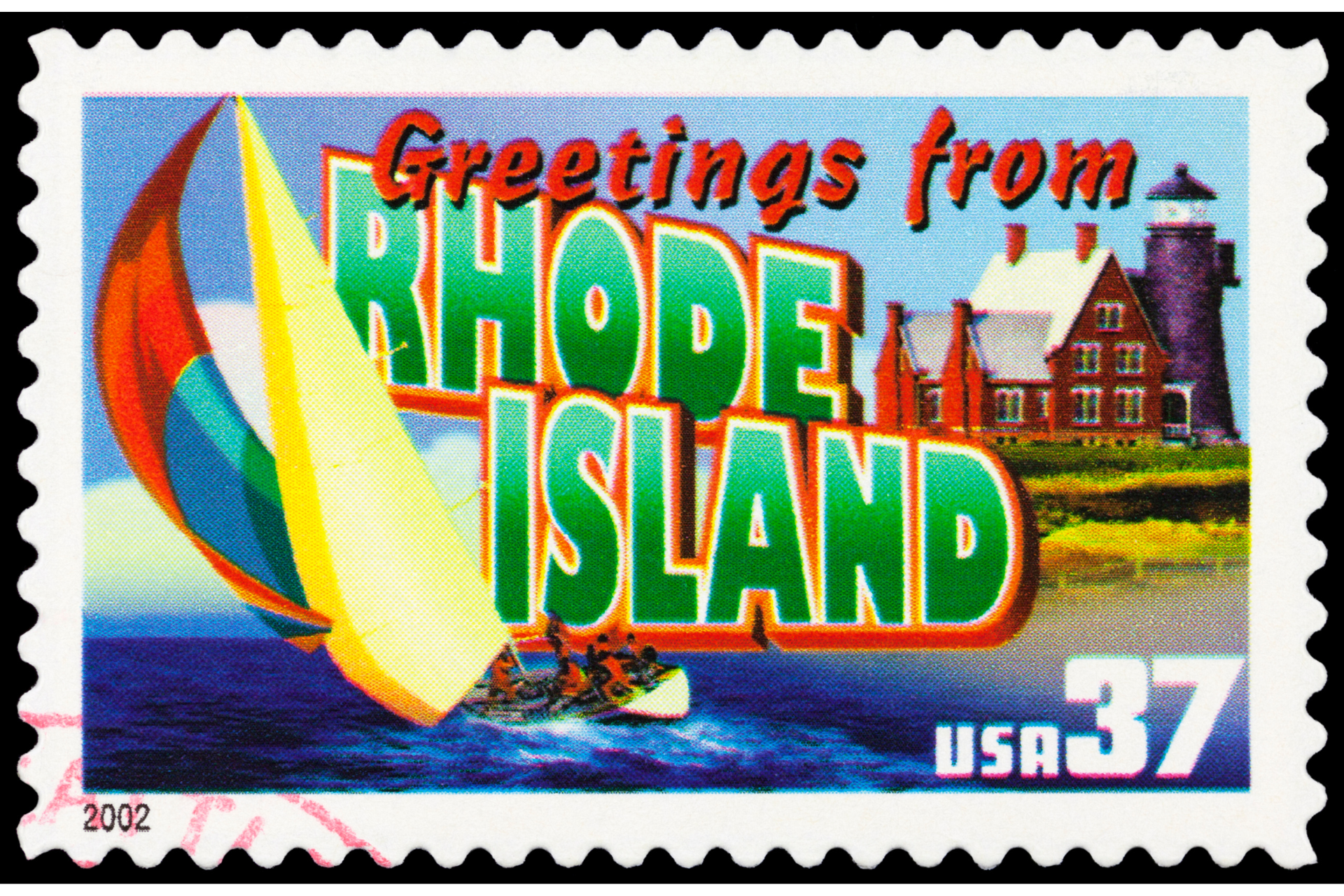For decades, the people of Puerto Rico have gone to the polls and voted for the U.S. territory of Puerto Rico to have a more dignified relationship with the U.S.
But what should that relationship be?
Often they chose statehood.
Every now and then, some votes for independence creep in.
Another alternative – which gained so much support in past years that it became the foundation of one of Puerto Rico’s main political parties – was a “Commonwealth” status that was a fantasy combination of both independence and statehood wrapped up together — U.S. citizenship, free flowing funding, independent diplomatic standing and the ability to pick and choose which U.S. laws applied to Puerto Rico — all in one package.
After a while Washington had enough. Puerto Rico was requesting things it could not grant – not under the U.S. Constitution and not in an established, responsible democracy.
Perhaps in exasperation, in 2001, the President’s Task Force on Puerto Rico produced a report recommending that “the President should support, and Congress should enact, self-executing legislation that specifies in advance for the people of Puerto Rico a set of acceptable status options that the United States is politically committed to fulfilling.” (emphasis added)
Defining the Options
Similar statements can be found in many other places, from advocacy groups, Congress and Puerto Ricans themselves.
In written testimony submitted to the Senate Finance Committee for a PROMESA task force, for example, advocacy group Igualdad complained that “Congress has never asked the US Citizens residing in Puerto Rico to choose among clear, constitutionally valid and internationally acceptable options.”
The late Rep. Don Young (R-AK) explained, “After 400 years of colonial rule by Spain ended in 1898, it should not have taken another 100 years of American administration for the U.S. Congress to define the options for full and permanent self-government.”
Puerto Rico Governor Pedro Rossello urged, “Congress must select and fairly define the Puerto Rican status choices it would be prepared to accept.”
For decades, Congress has been called upon to define the acceptable options and allow Puerto Rico to choose its future.
Why Should Congress Clarify Puerto Rico’s Options?
Under the Territorial Clause of the U.S. Constitution, “Congress shall have Power to dispose of and make all needful Rules and Regulations respecting the Territory or other Property belonging to the United States.” In other words, the U.S. Congress has control over Puerto Rico.
There have been calls in Congress for Puerto Rico to come up with its own ideas of how to construct the relationship between the United States and Puerto Rico. However, when in the past Puerto Rico did just that, Congress refused to honor the proposed new relationship, often explaining that the ideas were unconstitutional or “unrealistic,” “deceptive,” “unacceptable, and an “unattainable myth.”
If Congress does not clearly say which status options are acceptable, Puerto Rico voters could again choose a status option and then see Congress ignore that choice.
Choices? Yes, but make them worthwhile
While Congress can legally decide without consulting Puerto Rico to admit Puerto Rico as a state or to declare it independent, many members of Congress believe that Puerto Rico should have a voice in the matter. Members if Congress have for many years said that they would support the will of the people of Puerto Rico when it comes to status options. They show no willingness to make a unilateral decision of behalf of the Island.
At the same time, if Puerto Rico devises and chooses fantasy options that Congress will ultimately reject for basic legal and policy reasons, no progress will ever be made. Movement towards a more dignified relationship between the U.S. and its territory appears to require guidance. Yes, Puerto Rico can decide, but Congress can define basic parameters in advance.
The Puerto Rico Status Act appears to be Congress’ attempt to respond to this dilemma. The congressional proposal offers two well-established status options for Puerto Rico’s next step: statehood or independence (with or without a compact of free association). Yes, there is still confusion of some elements of these choices. For example, advocates of independence with free association are still learning that foreign countries cannot guarantee U.S. citizenship. But the debate is moving forward. Progress is on the horizon. Puerto Ricans must decide, but Congress must define.


